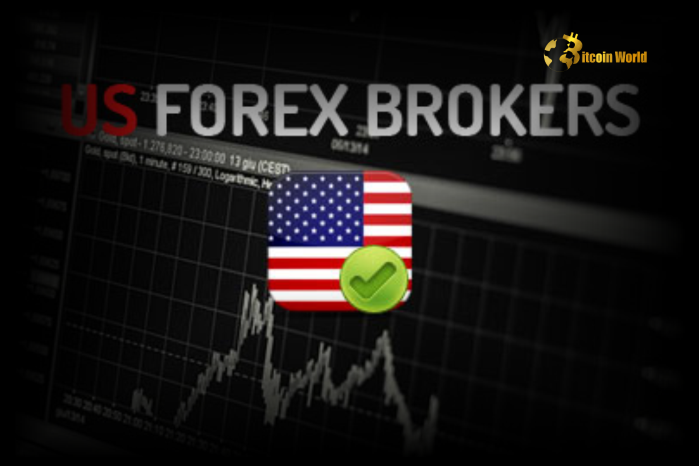The Role of the US Dollar in Forex Markets
The Role of the US Dollar in Forex Markets
Blog Article
Forex Trading Trends and Opportunities in the US
International trade, or Forex trading, brings millions of participants in the United Claims every year. Its large measurement and liquidity allow it to be one of the most interesting areas globally. Nevertheless, forex in us. takes a special and strict method of regulating Forex activities. If you're looking to industry currencies or simply wish to know how appropriate frameworks shape the Forex market, understanding these regulations is crucial.

Crucial Legal Frameworks Shaping Forex in the US
Forex regulation in the United States is distinguishable because thorough risk regulates and consumer protections. Two major government figures oversee many Forex activities:
• Thing Futures Trading Commission (CFTC)
• National Futures Association (NFA)
The CFTC, created in 1974, is tasked with regulating the futures and choices areas, foreign trade included. The NFA, as a self-regulatory organization, works tightly with the CFTC to enforce rules and keep equity in trading practices.
Registration and Submission
Every Forex dealer or broker using the services of U.S. residents must enroll with both the CFTC and NFA. These entities will also be expected to stick to arduous functional requirements, including:
• Minimal net money requirements (often greater than in other countries)
• Ongoing audits
• Powerful anti-money laundering (AML) procedures
• Translucent risk disclosure
Violations can result in large fines or a permanent ban from the market. That regulatory structure aims to stop fraud, defend investors, and increase industry integrity.
Significant Constraints on Forex Actions
Foundational defenses affect how Forex runs in the U.S.:
• Control limits: The NFA models a optimum leverage of 50:1 for significant currency sets and 20:1 for minors. That is far less than several world wide areas, supporting protect unskilled traders from substantial losses.
• Segregation of resources: U.S. law requires that customer funds are kept separate from broker working funds. That calculate safeguards traders in case a broker becomes insolvent.
• Marketing and disclosure: Firms must obviously explain risks, expenses, and trading systems to clients. Deceptive or intense solicitation techniques face rigid penalties.
Enforcement and Penalties
U.S. agencies often check for fraudulent systems, insider trading, and illicit industry manipulation. Mathematical information from enforcement studies reveals a regular pattern of penalties and settlements lately, highlighting ongoing vigilance. That environment, while stricter than most parts of the entire world, generates a safer playing subject for retail and institutional traders alike.
Things to Consider as a US Forex Trader
Recent trends reveal a continuing rise in regulatory activities, a focus on customer training, and constant improvements to submission requirements. If you plan to trade Forex in the U.S., it's important to:
• Ensure a broker's effective subscription position
• Stay updated with regulatory changes
• Review chance disclosures before generally making trades
This process minimizes unforeseen failures and enhances your prospects in a firmly managed but sturdy marketplace. By knowledge appropriate regulations, U.S. traders can confidently be involved in the Forex market while remaining within the variables of the law.
Report this page